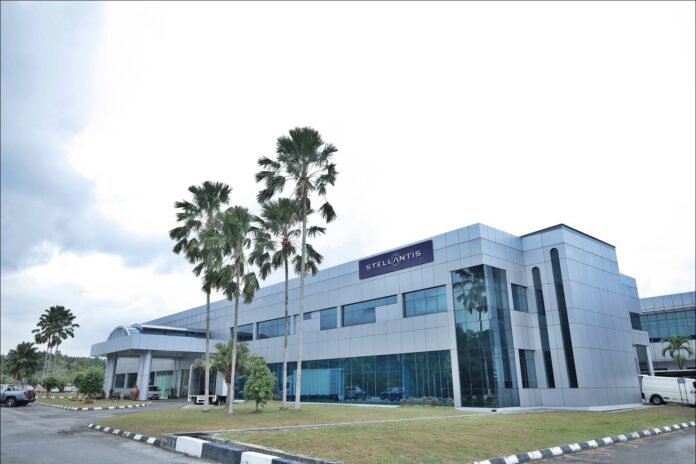Stellantis will establish its own National Sales Company (NSC) in Malaysia next year, becoming directly involved in the distribution, marketing and sales activities of the brands in its group. The company has 15 automotive brands, of which two – Peugeot and Maserati – are presently active in the Malaysian market.
Announcing this development which will begin during the first quarter of 2024, Daniel Gonzalez, Chief Operating Officer for ASEAN & General Distributors at Stellantis, said: “We are excited to announce this new business strategy to serve the Malaysian market with more products and services under the new NSC structure. This includes the future introduction of new brands to Malaysia under the Stellantis portfolio.”
![Stellantis Group [2023]](https://www.motaauto.com/wp-content/uploads/2023/07/Stellantis-Group-2023.png)
Stellantis’ new direction and strategy for the ASEAN region includes its electrification ambitions, It is now evaluating the potential of making Malaysia the regional manufacturing hub to manufacture battery electric vehicles for both domestic and export markets in ASEAN, and driving consumer adoption of such vehicles in the region.
For this, it already has the assembly plant in Gurun, Kedah which was originally built by the NAZA Group some 20 years ago. Stellantis acquired it in November 2021 as it had, by then, been taken over by Groupe PSA which is in the Stellantis Group.
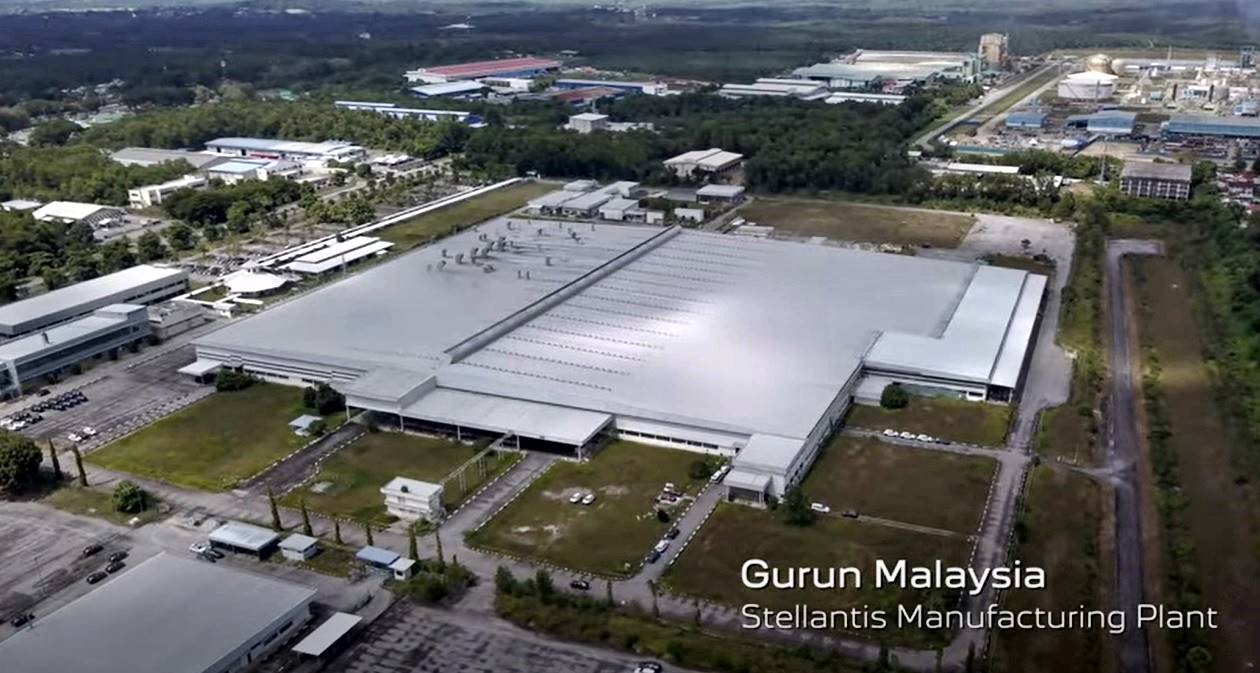
The plant currently assembles Peugeot models such as the 2008, 3008 and 5008 which are sold in Malaysia (through Bermaz Auto Alliance) and also exported to the Philippines, Thailand and Cambodia.
Regional priorities revolve around a commitment to sustainability under Stellantis’ ‘Dare Forward 2030’ strategy. The automaker is investing €400 million (over RM2 billion) in ASEAN to introduce the STLA Medium platform to the region. This modular platform will enable Stellantis to produce multi-energy vehicles – electrified or with combustion engines – which are now in the ranges of many of the brands in the group.
Future of existing brands in the market
The announcement does not indicate whether the existing brands in the market will immediately come under the new NSC. While Peugeot is currently being handled by Bermaz Auto Alliance (BAA), Citroen (which is part of Groupe PSA) is not active since Naza ceased to represent it in 2020. It is, however, active in Indonesia where Stellantis has recently said it will assemble an EV model of the brand there.
As for Maserati, this is being handled by Naza Italia which has been the importer and distributor since 2009. As this is a low-volume niche brand, Stellantis may not become involved in it and let Naza Italia continue running the business.
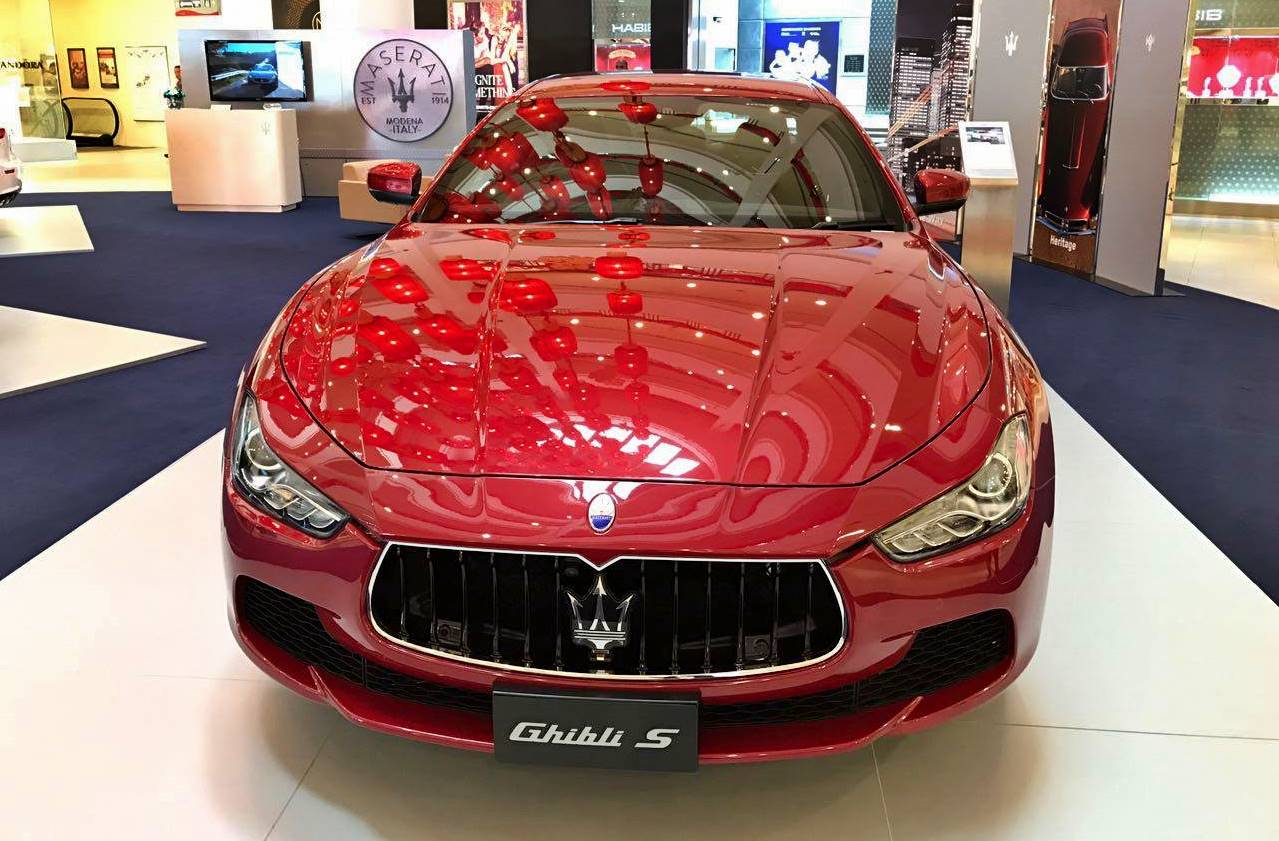
Alfa Romeo and Fiat fans may hope that this move will see the return of their favourite brands but it will all depend on whether there is a business case, meaning sufficient sales numbers. Under the FCA Group, there was not much interest to develop righthand drive variants of the current models as the potential volume was not large. Perhaps Stellantis will look at them again and see if it is possible to bring them back to Malaysia.
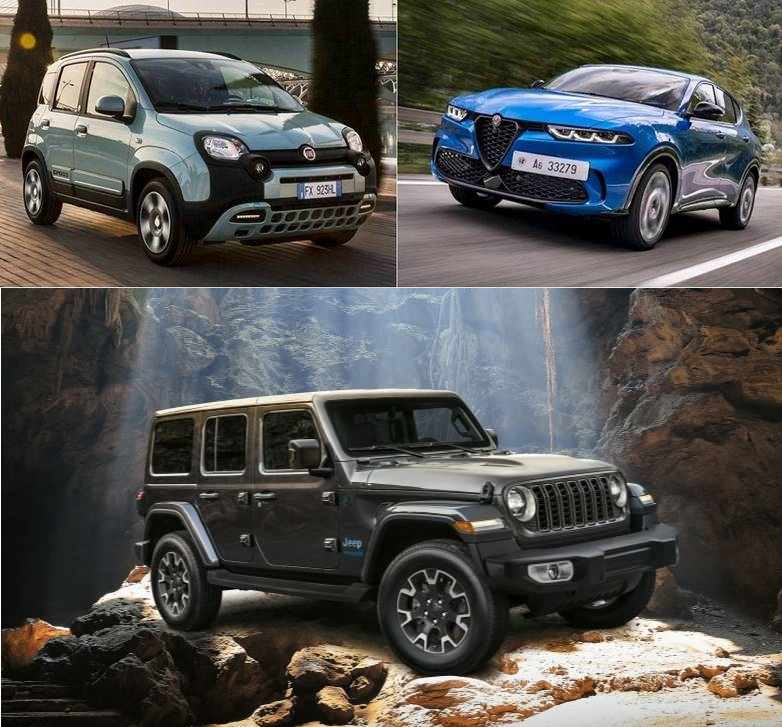
As for Jeep, it had its best years when MBf was selling the Cherokee (which was also assembled in Malaysia) in the 1990s. However, when the numbers started to drop, the Americans lost interest and went home. Attempts by the DRB Group and TAHB Automotive to bring back the brand never had much success.
Peugeot and Bermaz Auto Alliance
With regards to the Peugeot brand, BAA (55% owned subsidiary of Bermaz Auto Berhad) says it will continue to work with Stellantis for vehicle sales through its own network in the meantime. It became distributor for the French brand after the NAZA Group made its move to divest from much of its auto business 3 years ago.
At the time Bermaz took over Peugeot, it was still the COVID-19 pandemic period so activities were limited. Nevertheless, the group is well known for having elevated the Mazda brand to where it is today, and has been steadily working on doing the same for the Peugeot brand. It is therefore likely that BAA will continue to be associated with the brand and focus on the retail activities.
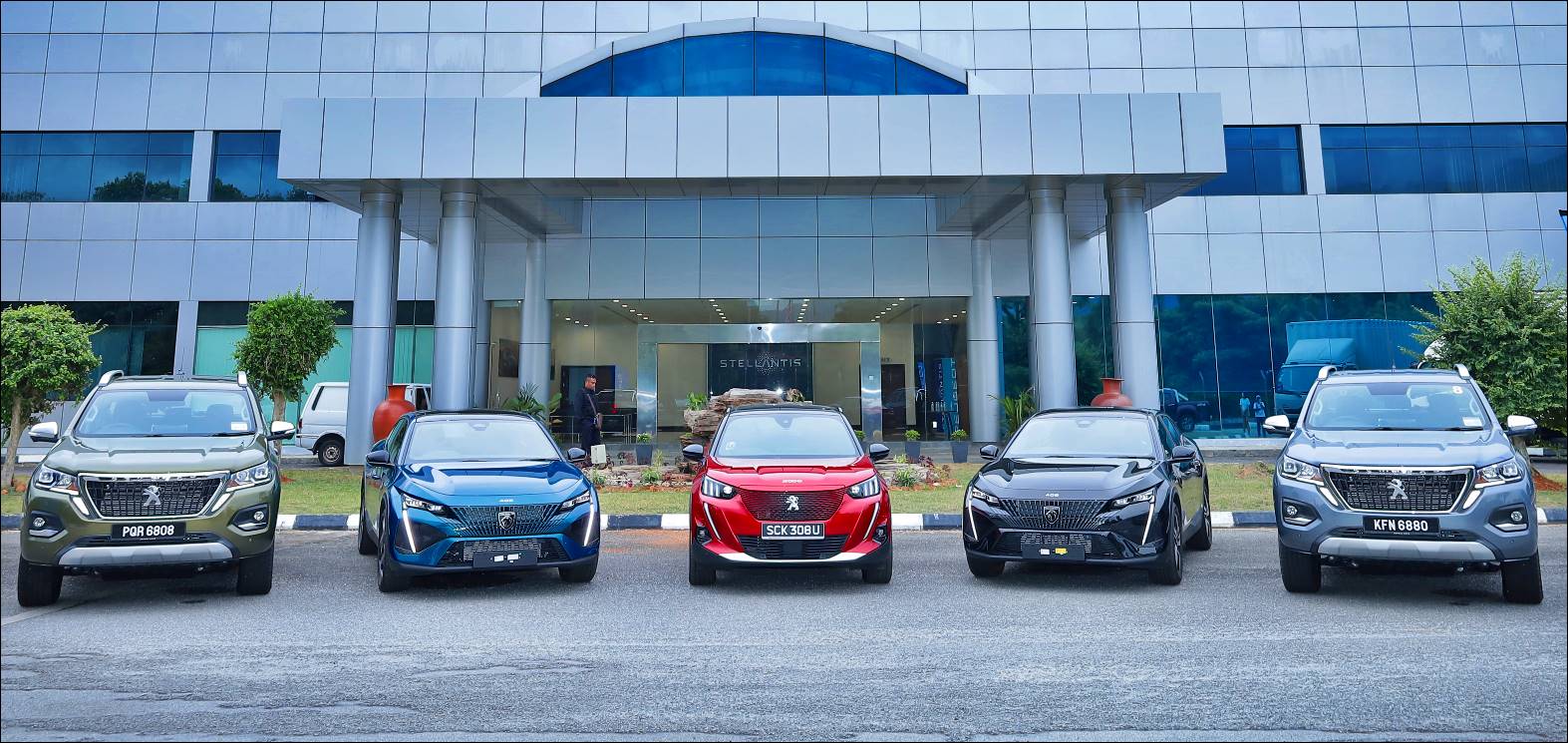
BAA is the sixth company to handle the Peugeot brand in Malaysia since the 1960s when it was sold by Asia Motors. While Asia Motors built the brand presence (and even assembled some models), it later moved to the MBf Group which managed it during the 1990s. Cycle & Carriage took over briefly before it would spend a long period under NAZA before being taken over by BAA.
Mr. Gonzalez expressed his appreciation for the efforts of Bermaz Auto, emphasizing its pivotal role in establishing a strong presence for the Peugeot brand in Malaysia in the last three years. “Bermaz Auto is a valued partner and has built a solid foundation for the Peugeot brand in Malaysia since December 2020, which will greatly help our transition to the NSC structure. I would like to thank Tan Sri Dato’ Sri Ben Yeoh, the Executive Chairman of Bermaz Auto, and his team for everything that Bermaz Auto has done to develop the brand to where it is today,” he said.
![Bermaz Auto Alliance and Peugeot [2020]](https://www.motaauto.com/wp-content/uploads/2023/11/Bermaz-Auto-Alliance-and-Peugeot-2020.jpg)
The Malaysian NSC will be led by Jamie Francis Morais, currently the Head of Aftersales for the ASEAN & General Distributors operations for Stellantis. Mr. Morais has long experience in the auto industry, having spent the past 19 years working with Toyota, BMW, Nissan and Proton. He has been involved in different areas of the industry, including aftersales, network, customer service, quality, sales and training.
The establishment of NSCs in Malaysia
Since the late 1990s, major carmakers have become directly involved in the Malaysian market by establishing their own subsidiaries or NSCs. Partly a reflection of the market size having reached a point where direct involvement in their business is justified, it was also due to changes in government policy which allowed foreign investors control of their companies.
While they may have local partners, the foreign carmakers have the dominant share and therefore control of the company. This is important to them as they would make big investments to grow their business, and they have their own global strategies which they would want to use. A local partner in control of the business may not necessarily agree to some directions and might be less supportive as it is not the brand-owner too.
Volvo Cars was the first to set up its subsidiary, Volvo Cars Malaysia, in 1998, and was followed by BMW and DaimlerChrysler (now Mercedes-Benz Malaysia). Tesla is also known to be allowed full ownership of its subsidiary in Malaysia and with the government keen to attract more new foreign carmakers to Malaysia, other companies may also have the opportunity to set up subsidiaries they directly control.
Stellantis outlines plans for ASEAN region, to invest RM2 billion
